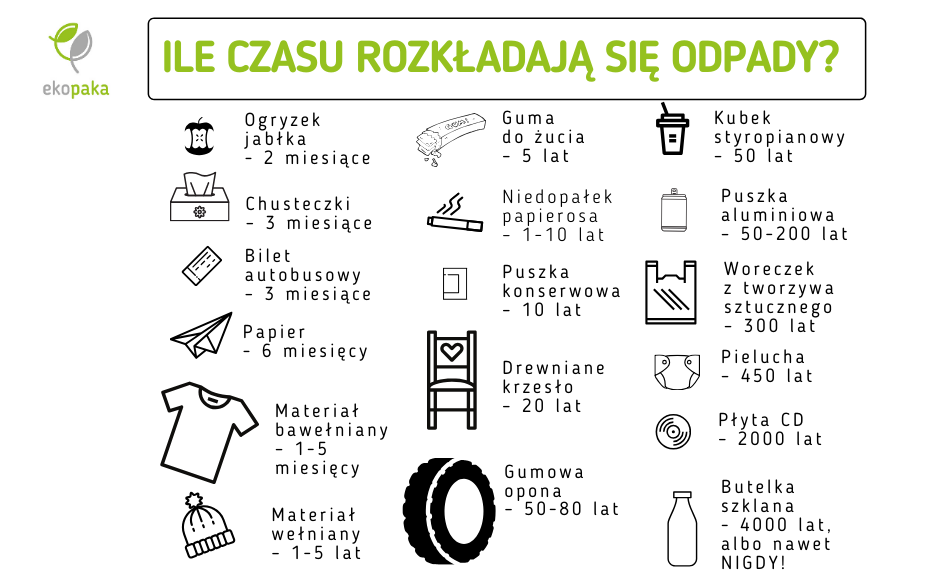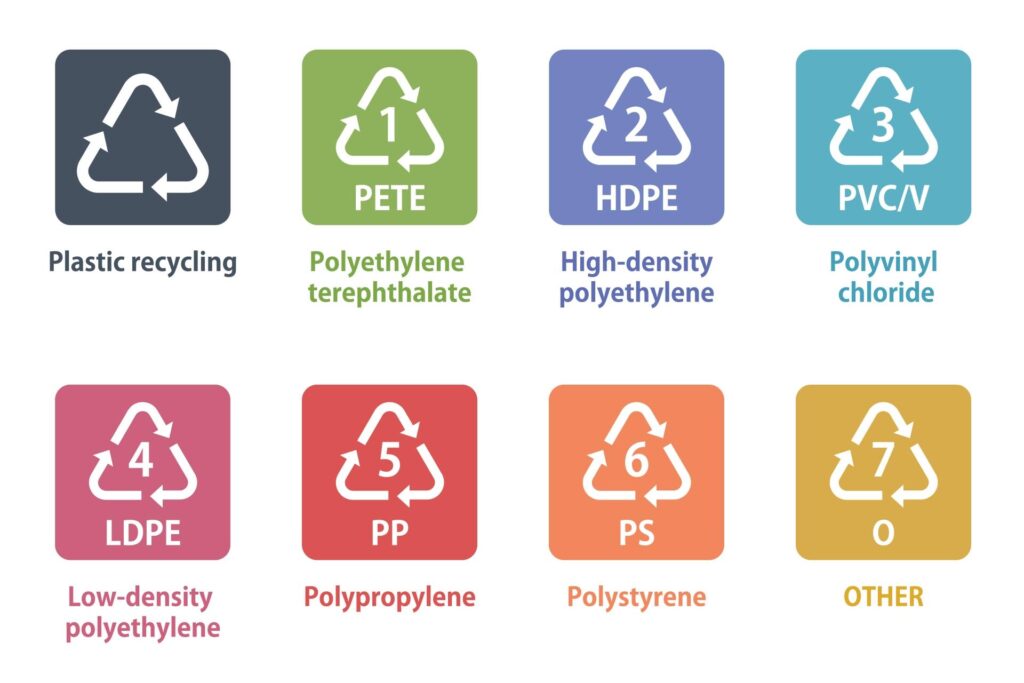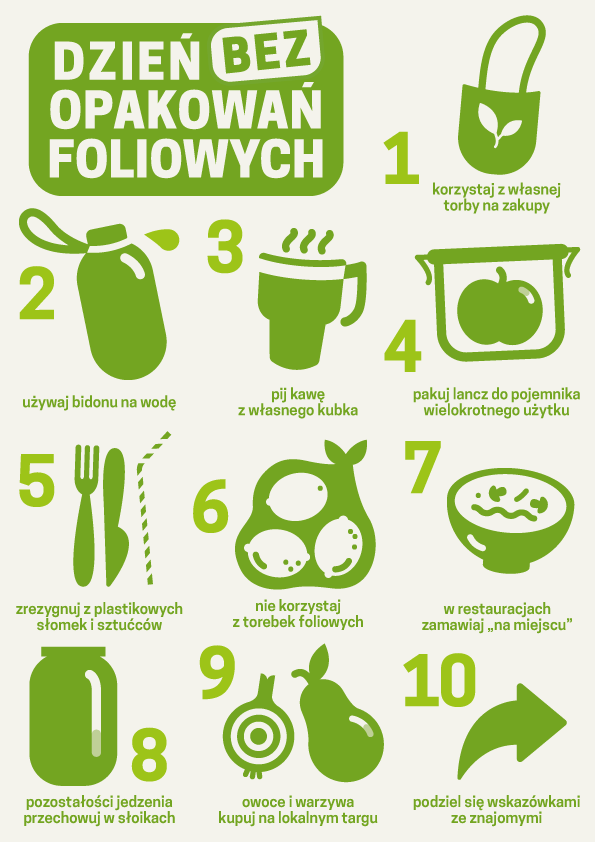Foil packaging – a practical invention that revolutionized the way things are packed and transported. Not so long ago, most products were in glass or paper packaging. Today, plastic bags can be found everywhere… Have you ever wondered what happens to them after they are thrown in the trash? Have you ever wondered how many foil packages you use in a year?
The origins of the plastic bag date back to the 1960s. of the last century. Then this Swedish engineer, Gustav Thulin Sten, He invented and patented a polyethylene version of the bag, which very quickly gained great popularity in stores. We are currently consuming 5 trillion plastic bags… annually! That’s 160,000 per second! And more than 700 per year for every person on the planet. Plastic pollution is a global problem, directly affecting people all over the world. Large plastic components break down into microplastics, which have been confirmed to be present in food such as honey, crustaceans and fishCh. It’s high time we started consciously avoiding single-use products and plastic packaging in our daily lives.
Do you know how long it takes for waste, including plastic, to decompose?
- Plastic bag – 20 years
- Takeaway cups – 30 years
- Plastic bottles – 450 years
- Plastic cups – 500 years
- Diapers – 500 years
- Coffee capsules – 500 years
Data Source Provider: https://wwf.org.au/blogs/the-lifecycle-of-plastics/
Source: ekopaka.org “Recycling and the decomposition of waste”
In order to minimize the number of plastic bags around the world, more and more countries are opting for legal restrictions on plastic bags. distribution. In France or Australia, there is a ban on the use of plastic bags. The same is true in Alaska. Some supermarkets in the UK offer small discounts for coming with a reusable bag. On the other hand, in the capital of India – Delhi, plastic can only be used to transport biomedical waste. Did you know that, unfortunately, not all plastic packaging is recyclable?
Before you buy something in synthetic packaging, check its label – it may be plastic labeled as “non-reusable”.
The negative effects of using plastic packaging influenced the establishment of the date of 23 January, the Day Without Plastic Packaging. This is the moment when we can learn more about the impact of plastic on the world around us and introduce new, “planet-loving” habits into practice. Over the past few years, we have seen an increase in our commitment to helping the planet.
Companies located in Olivia Centre also contribute to minimizing the number of plastic packaging.
For example, Lyreco has committed itself to reducing the use of this type of packaging and banning non-recyclable plastic packaging by 2025 as part of the Lyreco Circular Economy.
The Żabka chain of stores has introduced ECOmats
that enable the return of disposable packaging, which will be used to produce new ones.
The autumn weather does not interfere with the help – EPAM employees together with representatives of the External Areas Maintenance Section of the Jagiellonian University Campus cleaned the green space next to the university buildings by collecting plastic bottles, cans and food packaging.
We also can’t forget about the catering outlets: in Natka, some of the packaging is made of rPET, i.e. recycled plastic.
For bringing your reusable cup, Starbucks offers discounts on drinks.
What can each of us do?
Source:
https://www.facebook.com/WWFpl/




